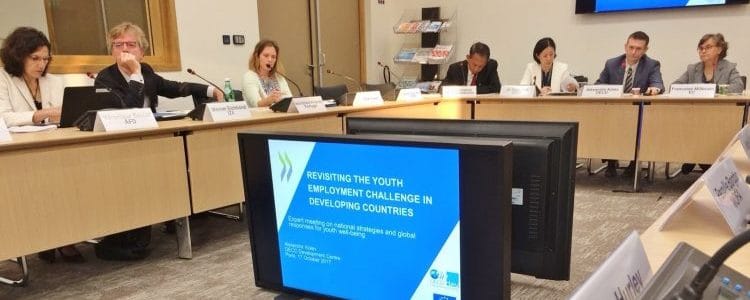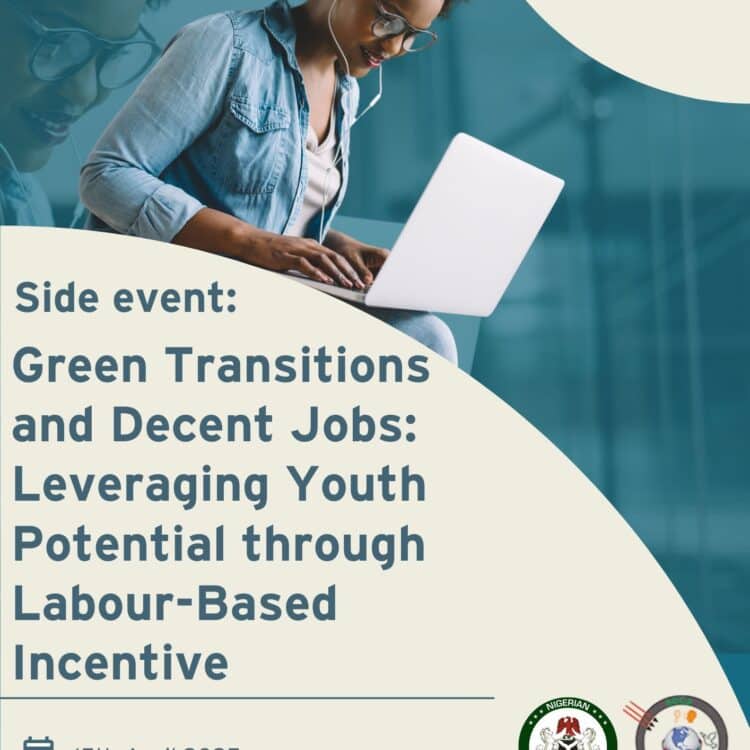
INCLUDE’s coordinator Marleen Dekker participated in the consultation meeting on ‘National Strategies and Global Responses for Youth Well-Being’ held in Paris on 17 October. At the meeting, which was organized by the Youth Inclusion Project of the Development Centre of the Organisation for Economic Co-operation and Development (OECD), Marleen reflected on the draft guidance note of the Youth Inclusion Project. The note is based on global research and reviews of youth policies in the fields of health, education, employment and youth engagement in nine developing countries and was drafted in cooperation with the governments of these countries.
Based on the policy conference on youth employment in Africa organized by INCLUDE together with the Dutch Ministry of Foreign Affairs last May, and INCLUDE’s synthesis study on what works for youth employment, Marleen indicated priority areas for action. She underlined the importance of taking into account the specific country contexts and distinguishing between different categories of youth. She pointed out that not all young people are highly educated; in fact, educated youth make up only 5% of the youth in Africa. In the African countries covered by the guidance note – Cote d’Ivoire and Togo– primary education is still a major concern.
In the discussions on youth aspirations, skills mismatches and TVET programmes, Marleen emphasized the need to look further than the supply side of the labour market (i.e., interventions focused on youth). At present, a lot of attention is devoted to skills training, mentoring and matching, but, if there are no jobs, these programmes will not yield the expected results. As pointed out in INCLUDE’s policy conference, interventions for youth employment should also work on the demand side – the creation of new jobs and the political economy of job creation. Like in INCLUDE’s conference, the 20 experts in the consultation meeting also called for more youth involvement in project and programme formulation. Youth should not only have ownership of these programmes, they should be the authors of them.
The input from the consultation meeting will be used by the OECD to finalize the guidance note for practitioners, highlighting policy gaps. It will also be used to take stock of lessons learnt on policies and programmes that work for youth.




